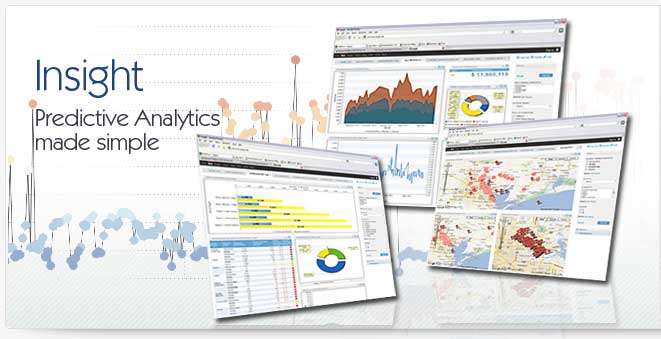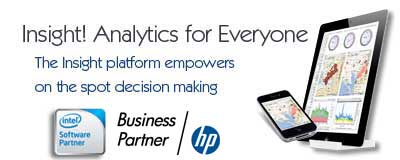What are Dashboard Reporting Services
Dashboard reporting services describes a software platform that is used to create and distribute reports and charts within an organization. Dashboard reporting services are often either part of a business intelligence suite or are provided as an add-on for data repository software like Microsoft SQL. While the basic functions of dashboard reporting services are always the same, the implementation, deployment, management and use of the dashboard reporting services can vary greatly depending on the platform, cost and the complexity of the solution. Choosing the right dashboard reporting services can often make the difference between ultimate success or failure.
What Are Good Dashboard Reporting Services
When speaking of dashboard reporting services it's important to separate all dashboard reporting services products into two large categories, features and learning curve. On the features side it's important to gauge whether the dashboard reporting services you are considering provide all the visualization methodologies you need, the data discovery tools you will require and other critical issues like data security, performance and scalability. Beyond the feature consideration, however, understanding if specific dashboard reporting services are for you, consideration must also be given to the learning curve. Specifically, howe long will it take for all affected users to come up to speed on the dashboard reporting services? Is creating dashboards easy? How much training will average users require? Making a decisions on dashboard reporting services exclusively on a "can it do this" comparison can be very dangerous process.
Business Intelligence and Dashboard Reporting Services
The discussion of dashboard reporting services invariably will lead to business intelligence (BI). That's because BI platforms like cognos, business objects or EMANIO's Context! provide dashboard reporting services as part of the software platforms themselves. These dashboard reporting services are usually integrated within the BI platform itself and can provide a great deal of flexibility and performance to the organization in question.
Key Components of Dashboard Reporting Services
When selecting dashboard reporting services there are a number of critical components that should be evaluated. The first one revolves around the issue of ad-hoc reporting. As organizations become more complex and times get harder it's proving more and more challenging for IT departments to maintain traditional ways of delivering reporting. It's also becoming increasingly necessary to enable business user reporting in order to respond faster to an economic model that moves at light speed. A solid dashboard reporting services product should provide the agility of ad-hoc reporting while also balancing with it the need for security and data control required by IT.
Data and Dashboard Reporting Services
Ultimately any dashboard reporting services will rely on the underlying data that is being reported. For this reason IT professionals often fret over the capabilities of dashboard reporting services aimed at business users. While agile ad-hoc reporting is great for the business user it often places undue concerns over data exposure and control on the IT department. Modern dashboard reporting services should provide both the ad-hoc functionality needed by business users while giving the IT staff the dashboard reporting services security they need.
|



